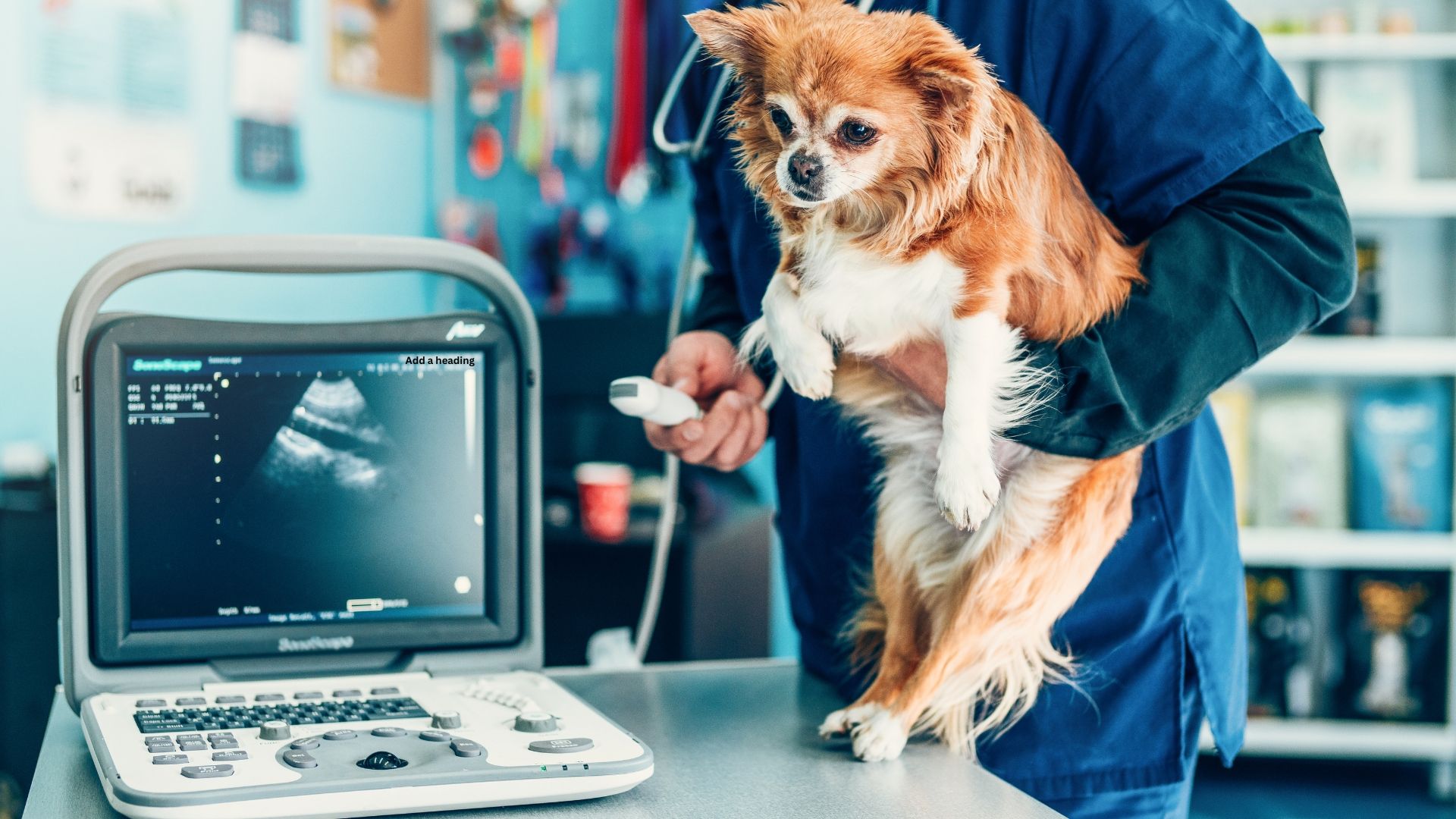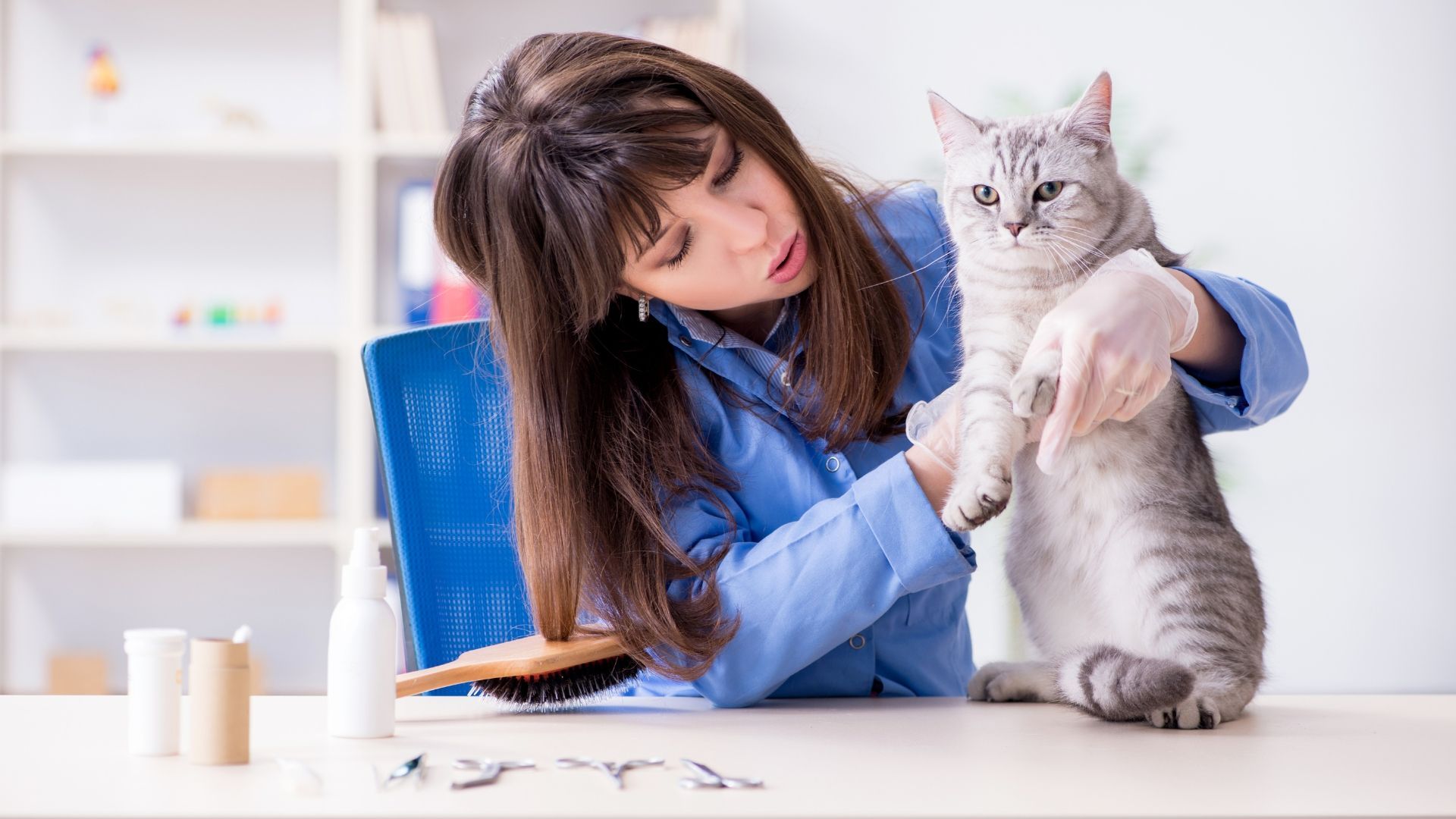BLOG

Specialized roles in veterinary care are becoming more common to ensure patients get the best treatment. One of these roles is a veterinary radiologist, who uses advanced technology and expert knowledge to help vets diagnose and treat different health problems in animals. But what exactly is a veterinary radiologist, and what do they do?
What is a Veterinary Radiologist?
A veterinary radiologist is a specialist who uses imaging tools to help diagnose and treat health problems in animals. They are experts at reading X-rays, ultrasounds, CT scans, and MRIs. Their job is to spot issues like injuries or diseases that might not be visible during a regular checkup.
To become a veterinary radiologist, a vet first earns a
Doctor of Veterinary Medicine (DVM) degree. Then, they complete 3-4 years of extra training in radiology. After finishing this training, they must pass board certification exams to become certified as a specialist.
What Does a Veterinary Radiologist Do?
Veterinary radiologists spend a lot of their time interpreting diagnostic images like X-rays, ultrasounds, CT scans, and MRIs to identify conditions in pets, livestock, and exotic animals. These images help them evaluate bones, joints, and organs, detect soft tissue abnormalities, and identify conditions like tumors, fractures, and neurological issues. After analyzing these images, they work together with primary veterinarians and specialists to guide treatment plans, assist with surgeries, and monitor the progress of treatments like chemotherapy or radiation. In some cases, they perform minimally invasive procedures, like using imaging to guide needle placement for biopsies or fluid drainage, which can speed up recovery and reduce the need for major surgery. Besides their clinical duties, veterinary radiologists also serve as consultants, giving expert advice on difficult cases, and educating other veterinarians and students on advanced imaging techniques and interpretation.
Why Are Veterinary Radiologists So Important?
Accurate diagnostics are important to ensure patients get the right care at the right time. Veterinary radiologists bring expert knowledge in advanced imaging techniques, discovering conditions that may not be visible during a routine physical exam. Their work helps guide precise treatments, improving results and enhancing the overall health and well-being of animals.
By directly influencing the quality of care and the success of treatments, veterinary radiology is an essential specialization. It plays a major role for veterinary clinics and for pet owners who want the best possible care for their animals.
Supporting the Future of Veterinary Radiology
At Veterinary Recruiting and Staffing Solutions, we understand the importance of having highly skilled and specialized professionals like veterinary radiologists on your team. As a recruiter and staffing service, we connect veterinary practices with top talent to ensure that you find the right clinical staff. Our goal is to match the right candidates with the right practices, helping both the professionals and the veterinary community thrive.
Contact Veterinary Recruiting and Staffing Solutions today and let us help connect you with the best candidates in the industry.

